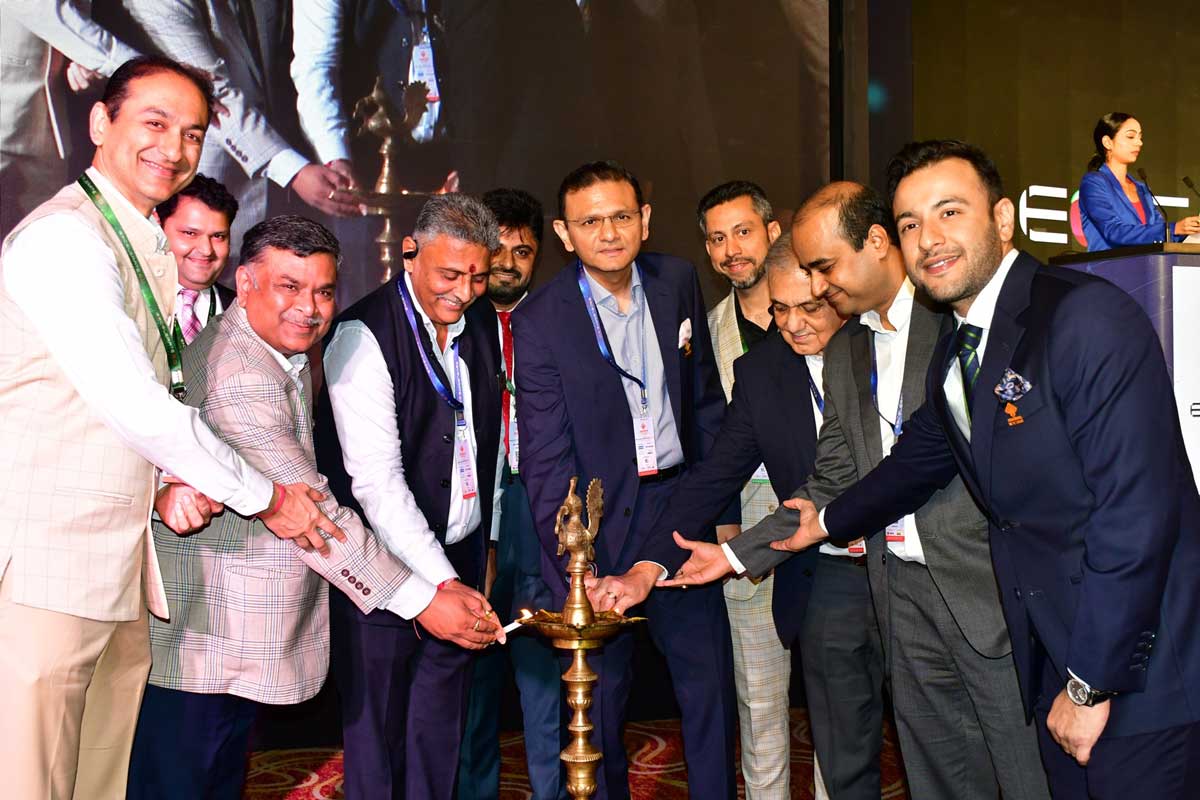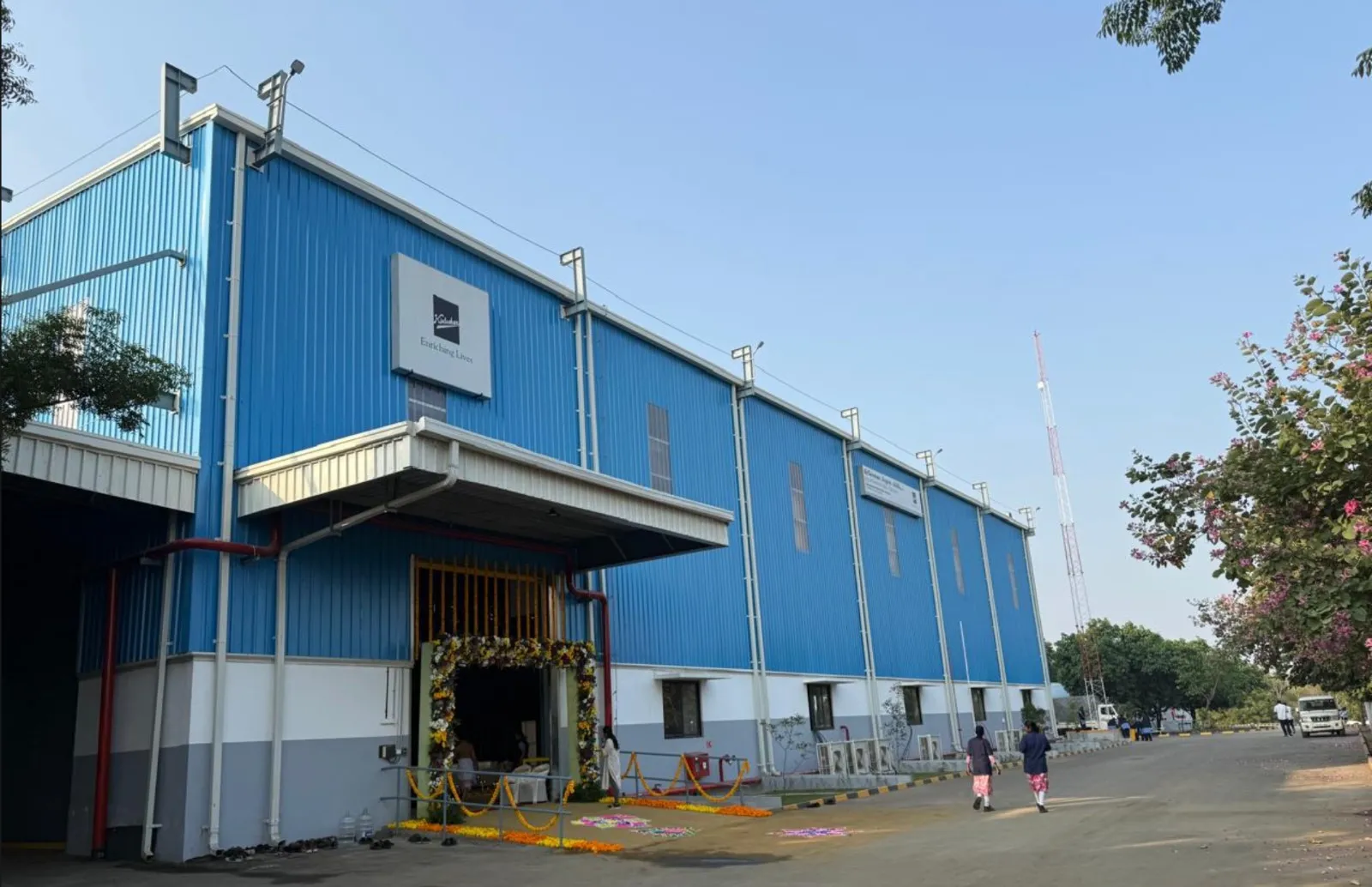The Indian real estate industry is set to become a RealTech industry soon considering the swift digital transformation and adoption happening in the contemporary environment, particularly with the emergence of Artificial Intelligence (AI); quipped the digital experts and marketers at ‘Excelerate 2.0 #TechForReal’ forum organised by NAREDCO AHARASHTRA’s wing of next-generation entrepreneurs called as ‘NAREDCO NextGen' in Mumbai.
Discussing the importance of cutting-edge technology and digital prowess to cater to the ever-evolving dynamics of the real estate industry, NAREDCO Maharashtra NextGen organised a knowledge forum ‘Excelerate 2.0 #TechForReal’ with technology experts, marketers and real estate industry experts.
During the inaugural address, Sandeep Runwal, President of NAREDCO Maharashtra said, “Having undergone numerous cycles of change, I've come to the realisation that the key to survival in the real estate industry lies in embracing and adapting to technology. In my view, Excelerate 2.0 has provided a glimpse of the future direction. I eagerly anticipate the innovative ideas and pitches from new entrants and will closely track their journey of growth.”
According to Rajan Bandelkar, National President of NAREDCO, our wealth lies in the future generation. He emphasised the need to focus on delivering more while committing less. He also pointed out that the real estate business is open to anyone, unlike other industries where delivery precedes payment, in real estate, customers pay first and then receive the goods.
Talking about the rationale for unleashing the need and relevance of digital transformation and technology for the benefit and advancement of the real estate industry, Mr. Rishabh Siroya, President of NAREDCO Maharashtra NextGen said, “As the next-gen real estate entrepreneurs, we felt the need to bring the crucial aspect of digital transformation and modern-day construction technologies on the fore for better integration, productivity and excellence within the real estate industry.”
The panel discussion, titled 'Tech for Digital Transformation,' expressed the perspective that digital transformation has become an omnipresent force in today's world. People now spend an average of 2 hours on digital media, with about 53 minutes dedicated to video content in India. Consequently, digital content has become highly sought-after and unavoidable. Today, embracing digital transformation is essential, with a focus on customer-centric approaches. The customer demographic is evolving, with around 75% of customers being below 45 years old, and this generation is actively purchasing homes. Among home buyers, approximately 60% are below 35 years old. Engaging with this customer segment is now a necessity, and digital solutions are the most effective means to reach them.
However, the real estate industry has been slow in adopting digital transformation, even though it is vital. The transformation is not merely an option but an imperative. Developers need to implement digital transformation throughout their Omni channel journeys to establish influential platforms. The industry has faced trust deficits, and technology serves as the solution to bridge the gap from customers to CPs (Channel Partners) to employees, thereby enhancing transparency. Additionally, technology will play a crucial role in addressing scalability challenges.”
The technology experts participated in the Session on ‘Digital Transformation’ harped on the need to identify technology needs of the industry considering various elements of the value chain such as sales compulsion from consideration to conversion, adopting customer solicitation and experience, awarding customer engaging strategies, pre-sales to sales and post – sales digital approach, analytics, etc and come up with a robust roadmap.
Sharing his thoughts on ‘Tech for Construction’, Sanjay Dutt, Senior Vice President, NAREDCO MAHARASHTRA and MD and CEO, Tata Realty & Infrastructure Ltd said, “When proceeding with project transitions, such as moving from the design stage to execution, a crucial aspect is the implementation of a comprehensive handover process. Leveraging technology can yield significant benefits, not only in terms of time and cost savings in design and engineering, but also by facilitating effective organization management. Technology can play a pivotal role in educating departments about identified gaps and empowering them to make decisions akin to entrepreneurs. Embracing technology is imperative for developers to remain competitive and relevant in the current landscape.”





















